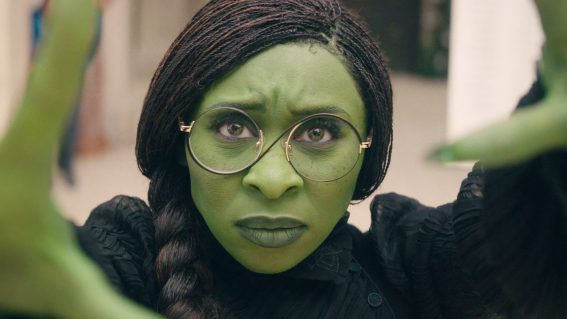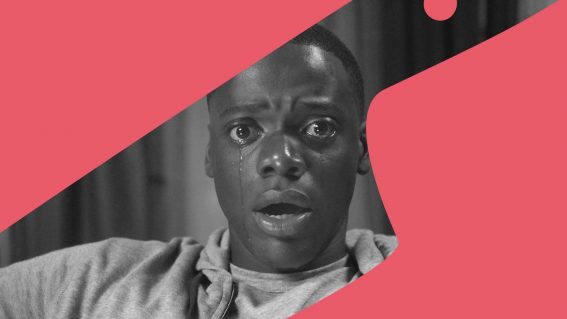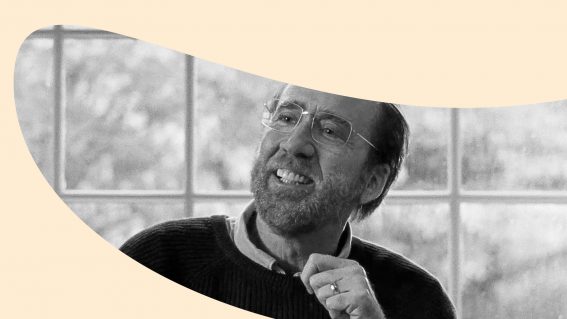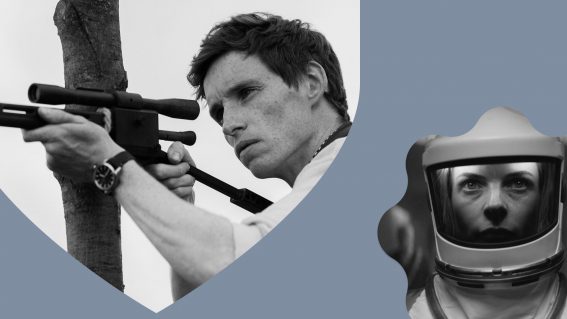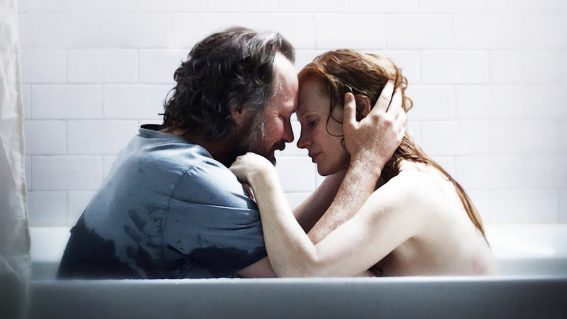The Commons is uncommonly good Australian science fiction
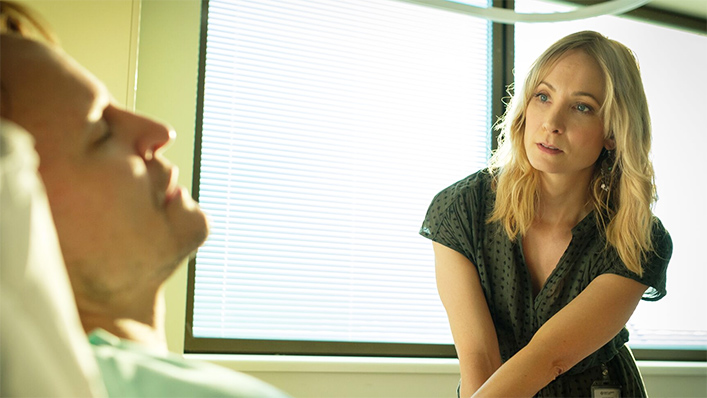
Stan’s new sci-fi series The Commons is set in a futuristic Sydney devastated by climate change. The show has important messages relevant to the current times, writes critic Travis Johnson.
Science fiction is never really about the future, or so the old adage goes. When sci-fi is telling tales of malevolent artificial intelligences, evil empires, virtual reality illusions or what-have-you, it’s really talking about the here and now – all the lasers and explosions, gleaming droids and sleek spaceships are metaphors for the current, common, human condition.
Stan’s new eight part science fiction series The Commons (see more titles available on Stan) really takes this notion to heart. Its ’20 minutes into the future’ setting is so very close to our own grim reality that it’s almost not metaphor; rather it’s the briefest and, really, most conservative extrapolation of current cultural, political, technological and environmental trends. That it still looks rather hellish should give us pause. The Commons presents a world where things just keep going along the same track; no earth-shattering disaster is needed to generate this dystopia, only apathy and unchecked self-interest.
From creator Shelley Birse, who also gave us the political drama The Code, The Commons presumably takes its name from the philosophical concept of The Tragedy of the Commons – the idea that individuals acting in bad faith will exploit common resources to the detriment of the greater population. In this case the common resource is the environment as a whole; the series takes place in a near-future Sydney wracked by catastrophic superstorms on a regular basis, with acid rain an ever-present threat and climate refugees from rural areas pouring into the city.
We follow a loosely connected ensemble of characters as they live their lives in this bleak world. Psychologist Eadie Boulay (Joanne Froggat of Downton Abbey) is trying and failing to have a baby by IVF; her partner, Lloyd Green (David Lyons) is a government scientist researching a new, deadly pandemic with lab buddy Shay Levine (the ubiquitous Ryan Corr); while border guard and military veteran Ben Childers (Damon Herriman of Once Upon a Time in Hollywood and The Nightingale) struggles with PTSD after a violent incident while processing refugees.
Two episodes in it’s difficult to parse what narrative direction The Commons will ultimately head in, with the show initially planting a lot of seemingly discrete story seeds. However, what is striking is the queasy familiarity of the setting, especially compared to the smoke-wreathed Sydney of the current moment. The genuinely science-fictional elements – the ubiquity of drones and surveillance technology, and a few advances in virtual and augmented reality among them – aren’t exotic enough to make The Commons comfortingly distant. Rather, it’s like watching a cultural artifact that’s somehow been pulled back in time – this could just about be the 2022 season of Neighbours.
Environmental calamity might be the most obvious theme The Commons deals with, but it’s not the only one. Birse and her writing team, which includes Matt Ford (Bloom, Frankie’s House), Michael Miller (Cleverman, Mustangs FC), and Matt Cameron (Jack Irish, Safe Harbour) layer in a multitude of plausible, troubling developments. Eadie’s IVF issues are compounded by what appear to be government population controls, putting her personal desire for a child at odds with the perceived social good and highlighting current concerns about world population. The notion of climate refugees within Australia puts a white, Western face on an issue already affecting other populations around the globe. Chagas, the disease that Lloyd and Shay are combatting, is a real but obscure pathogen, and its spread echoes modern fears about potential pandemics.
Perhaps most chillingly, The Commons ever so subtly includes some commentary on wealth disparity with Eadie’s brother, Dom (Rupert Penry-Jones of Spooks and The Strain) working for a company that provides safe compounds and reliable vital resources to the wealthy, living in a guarded community while Eadie and her family still stay in the vulnerable suburbs. A reminder that, for those that can afford it, the catastrophic can be merely inconvenient.
There are bright spots, though; VR therapy helps Herriman’s tortured footsoldier battle his demons, while an AR program assists Eadie’s nephew Cosmo (Bede Warnock), who is neuro-atypical, to communicate with his family, who have trouble reading his lack of affect. These moments of optimism are fleeting, however, and it’ll be interesting to see whether The Commons cants towards the positive or the pessimistic as it proceeds.
This kind of very-near-future fictional extrapolation is very much in vogue at the moment. Consider the BBC series Years and Years, currently available on SBS On Demand, which extrapolates the personal history of one family and the political history of the UK across a projected 15 years; or even Charlie Brooker’s acclaimed anthology series Black Mirror, which postulates a range of troubling technological terrors that nonetheless are rooted in the near-now. For Australian audiences, The Commons removes even the thin comfort of being set overseas, forcing us to confront a dark future that seems as close as tomorrow’s headlines.





